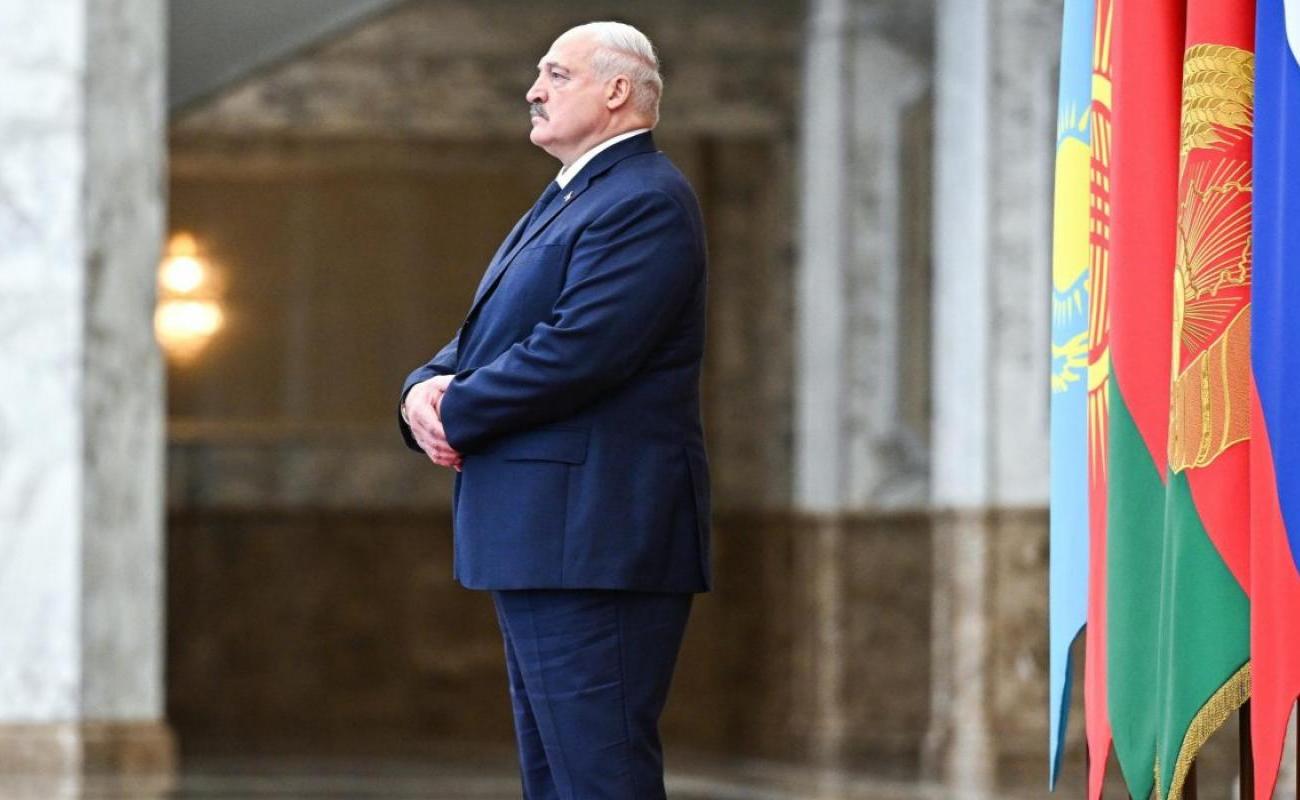Czechia, Romania and Hungary dismantle Belarusian spy network in coordinated operation

A Belarusian diplomat was expelled from Prague and a former Moldovan intelligence chief arrested in Romania
Czechia’s counterintelligence agency (BIS) revealed on Monday (8 September) that, working with Romanian and Hungarian partners, it had disrupted a Belarusian spy network operating across Europe.
The operation led both to the expulsion of a Belarusian diplomat from Prague and the arrest of a former Moldovan intelligence chief in Romania. The investigation, coordinated by Eurojust, comes as Poland and Lithuania also report Belarus-linked spy cases, underscoring regional tensions ahead of the Zapad-25 military drills jointly planned with Russia.
According to BIS, the network relied on Belarusian KGB operatives and recruited assets in the region, including a former deputy head of Moldova’s Information and Security Service (SIS). The secret services of Belarus are still named KGB, as in Soviet times.
Simultaneously, Romanian prosecutors and police executed an arrest warrant against the Moldovan suspect, who now faces treason charges.
BIS head Michal Koudelka said Belarus had exploited the freedom of movement granted to accredited diplomats in the Schengen area.
“To successfully counter these hostile activities in Europe, we need to restrict the movement of accredited diplomats from Russia and Belarus within the Schengen area,” he warned.
Romanian arrest linked to the network
Romania’s anti-organised crime agency DIICOT said the detained 47-year-old Moldovan, a former senior SIS official, had disclosed state secrets that could “likely endanger national security.”
Investigators allege that between 2024 and 2025 the suspect met Belarusian operatives twice in Budapest, where instructions and payments were provided.
Eurojust, which supervised the cross-border investigation, confirmed that evidence showed the individual engaged in unauthorised disclosures of state secrets to Belarusian intelligence officers from 2024 onwards.
The arrest on 8 September in Romania was made possible by close cooperation between prosecutors, police, and intelligence services from Romania, Hungary and Czechia.
“It demonstrates the importance of transnational cooperation in investigating such malicious activities, as suspects can benefit from freedom of movement throughout the Schengen area,” Eurojust commented.
The revelations fit a wider pattern of Belarusian espionage in the region. In March, Lithuania’s Prosecutor General referred a case to court against two nationals accused of spying for Minsk.
Belarus detains Polish national
Just days before the Czech-Romanian operation, Belarus detained a Polish national on espionage charges. According to Belarusian state television, the man was found with documents linked to the upcoming Belarusian-Russian Zapad-25 military exercises. A Belarusian citizen was also arrested.
Warsaw condemned the move as a provocation.
“This is another provocation by the Lukashenko regime aimed at our country,” Jacek Dobrzynski, spokesperson for Poland’s special services coordinator, wrote on X.
Deputy Foreign Minister Marcin Bosacki told private broadcaster TVN24 that the arrest was likely connected to the forthcoming Zapad military exercises. He added that Poland would respond to Belarus’s actions, though he declined to specify what measures might be taken.
Belarusian agency Belta reported that the Polish suspect was carrying a copy of a document describing the Zapad-25 military exercises, due to take place this month, as well as Belarusian and foreign currency and a mobile SIM card registered to another individual.
The Zapad exercises, held biennially in Belarus or Russia, are closely monitored in the West due to Belarus’s proximity to four NATO members – Poland, Latvia, Lithuania and Romania.
President Alexander Lukashenko, a close ally of Russian leader Vladimir Putin, allowed Moscow to use Belarusian territory during its 2022 invasion of Ukraine, though he has insisted Belarusian troops would not participate directly. After the Russian invasion of Ukraine, Belarus accepted to host Russian tactical nuclear missiles.
